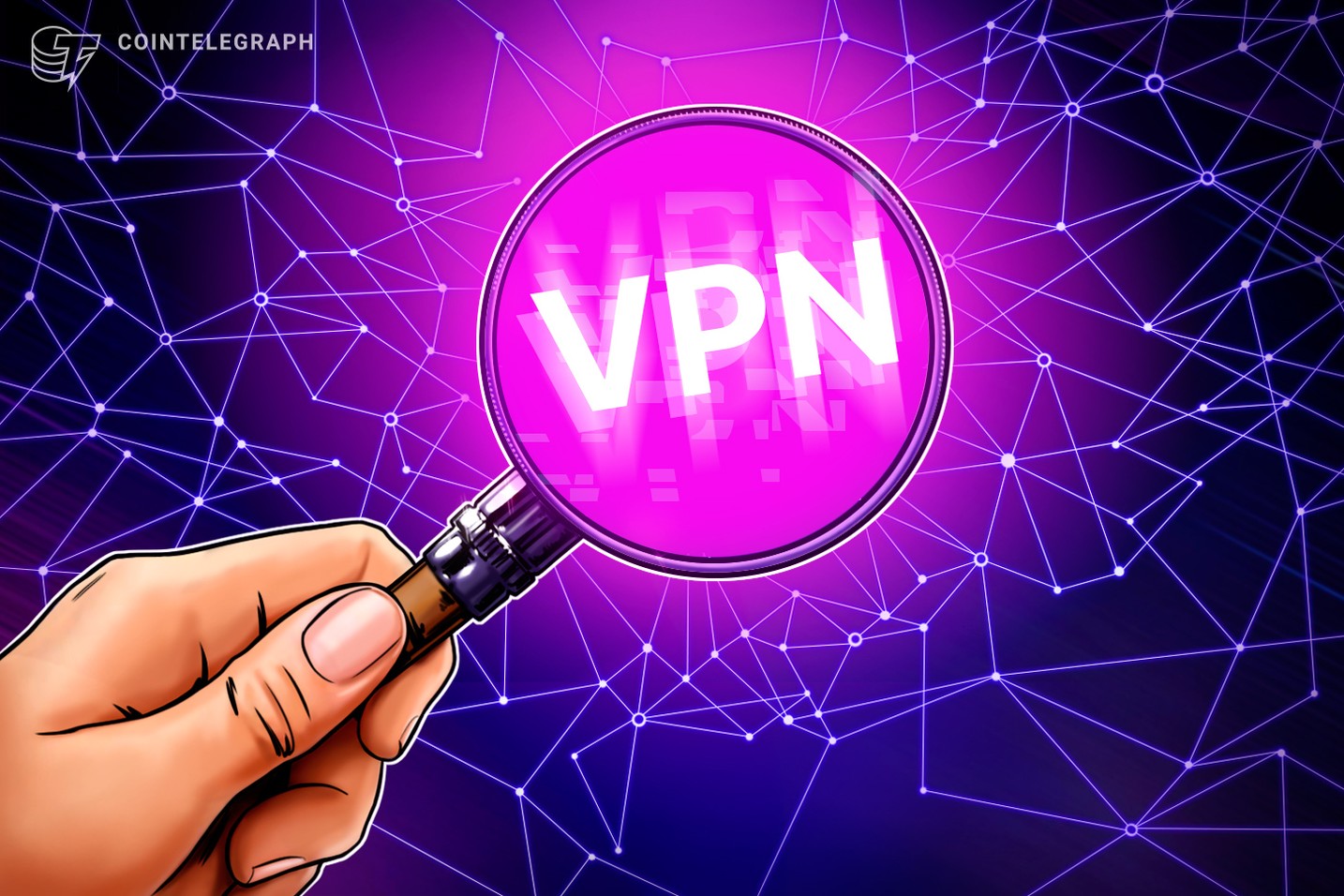NymVPN Unveils Decentralized VPN to Combat Privacy Erosion | 2025


NymVPN Unveils Decentralized VPN to Combat Privacy Erosion
Nym has launched its virtual private network, NymVPN, which it claims is the “world’s most secure VPN.” This innovative service aims to provide users with complete anonymity and safeguard journalists, activists, and everyday individuals from government, corporate, and AI surveillance. The introduction of NymVPN comes at a time when privacy-focused products are facing increasing hostility globally, with governments cracking down on privacy initiatives and demanding backdoors to encryption.

Understanding NymVPN and Its Unique Features
The decentralized VPN, which officially launched on March 13, utilizes the Nym protocol’s “mixnet” technology to ensure that users remain fully anonymous. This technology prevents any metadata from being linked to specific users, as outlined in a press release shared with Cointelegraph.

Halpin and Nym security adviser Chelsea Manning recently discussed the release on Cointelegraph’s The Agenda podcast, emphasizing the critical importance of privacy in today’s digital landscape. They also shared insights on how Nym plans to navigate the increasingly precarious privacy space.

The Mechanics of Mixnets
During their podcast appearance, Halpin explained how mixnets function. The technology sends encrypted data across multiple servers while incorporating “a bit of fake data” to confuse potential surveillance attempts, including those from advanced AI algorithms. “Each packet is like a card, and it shuffles the pack of cards before sending it to the next server,” Halpin elaborated.

This approach starkly contrasts with traditional centralized VPNs, where all user activities are routed through the VPN provider’s servers, necessitating a significant level of trust in that specific company.

Legal Landscape and Challenges
In light of recent events, Halpin noted that Nym is less likely to encounter the same legal challenges faced by other privacy projects. For instance, Alexey Pertsev, a developer for the crypto mixer Tornado Cash, was convicted of money laundering charges due to his involvement in developing a privacy protocol. Halpin pointed out that, unlike financial infrastructure, VPNs are legal in most countries, at least for now.

“They fall under what’s called third-party intermediary lack of liability. […] We are not liable, at least under US law, for shipping bits from point A to point B,” Halpin stated.
Decentralization and User Freedom
The fully decentralized nature of NymVPN allows users to operate anonymously, which means there is no way to restrict how individuals choose to use the service. Manning emphasized that it is not Nym’s responsibility to determine what constitutes nefarious use of their technology.

Government Pressures and Backdoor Demands
In recent months, various governments have pressured developers to incorporate backdoors into their encrypted products. For example, Apple withdrew its end-to-end encrypted iCloud service from the UK market after the government demanded a backdoor. Similarly, the US Federal Bureau of Investigation has expressed a desire for “responsibly managed encryption,” where U.S. tech companies would provide readable content in response to lawful court orders.
Halpin and Manning discussed the implications of such government demands, highlighting the ongoing battle between privacy advocates and regulatory authorities.

The Future of Privacy Technologies
As privacy concerns continue to escalate, the launch of NymVPN represents a significant step forward in the fight for digital freedom. With its unique mixnet technology, NymVPN aims to empower users to reclaim their privacy and protect themselves from intrusive surveillance.

In conclusion, NymVPN is not just another VPN service; it is a revolutionary tool designed to safeguard user privacy in an era where such rights are increasingly under threat. As governments around the world tighten their grip on privacy technologies, NymVPN stands as a beacon of hope for those seeking to maintain their anonymity and freedom online.






